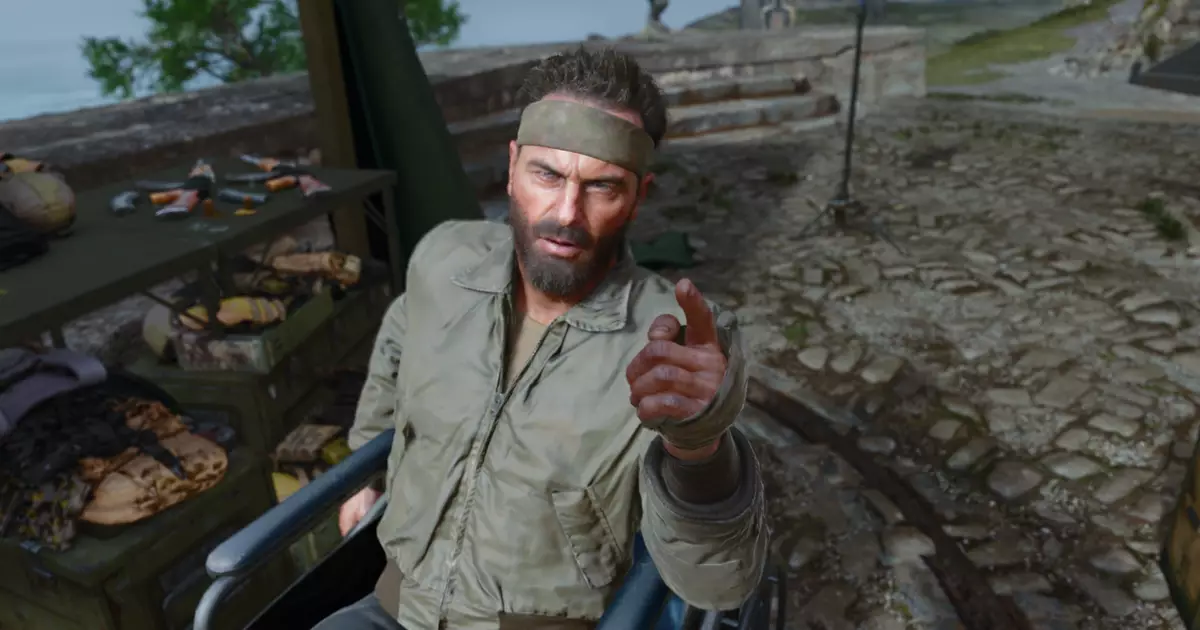Recent incidents involving the misuse of drones have raised concerns about air safety, particularly regarding their operation in emergency situations. A striking case exemplifying this issue is that of Peter Akemann, co-founder of Treyarch, the studio behind the popular Call of Duty franchise, and president of Skydance Interactive, known for their title, The Walking Dead: Saints & Sinners. Akemann has pleaded guilty to operating a drone irresponsibly, leading to a dangerous collision with a firefighting aircraft battling wildfires in Los Angeles.
The incident unfolded amidst the challenging backdrop of widespread wildfires in the Los Angeles area, which prompted firefighters to mobilize resources in an effort to contain the disaster. Akemann, allegedly looking to capture footage of the ongoing fires, disregarded temporary drone flight restrictions implemented for public safety. His drone flew over 2,500 meters towards the fire, eventually colliding with a Quebec Super Scooper—a specialized aircraft designed for firefighting efforts—damaging its left wing and forcing it out of service for repairs.
Akemann’s actions highlight not only a lack of consideration for operational regulations but also a failure to comprehend the severe implications of such recklessness. The firefighting plane, which had two crew members on board, was on a mission to protect lives and property. The Federal Aviation Administration (FAA) and local authorities have increasingly warned about the risks posed by unauthorized drone flights, particularly during crisis situations that require focused air support.
The Legal Consequences
Akemann faces one count of unsafe operation of an unmanned aircraft, a misdemeanour that can carry a penalty of up to one year in prison. However, under a plea agreement, he hopes to avoid incarceration by volunteering for 150 hours of community service, specifically in support of wildfire relief, coupled with paying restitution for the repairs, which are estimated at around $65,000. The willingness to engage in community service is, to some extent, a step towards accountability, but it raises questions about whether the consequences are adequate given the potential risks associated with such reckless behavior.
Acting United States Attorney Joseph T. McNally condemned the incident, emphasizing the serious risks that drones pose during emergencies. McNally stated, “This damage caused to the Super Scooper is a stark reminder that flying drones during times of emergency poses an extreme threat to personnel trying to help people and compromises the overall ability of police and fire to conduct operations.” This reinforces the idea that the actions of individuals like Akemann can have far-reaching ramifications on the safety and efficacy of emergency response efforts.
In the aftermath of this incident, responses from the gaming community and related organizations have been both proactive and supportive. Humble Bundle, a well-known digital storefront, is currently offering collections to aid those affected by the LA wildfires. Activision, the publisher of Call of Duty, recently made headlines by contributing $1 million to wildfire relief efforts. They also initiated fundraising through in-game purchases related to the LA Fire Relief, demonstrating a commitment to leveraging the gaming community for charitable causes.
The incident raises broader concerns regarding drone legislation and its enforcement. As drones become increasingly popular, the need for robust regulations is paramount in ensuring public safety. It is essential that drone operators are educated on legal restrictions, especially during emergencies when first responders depend heavily on the airspace for their operations.
Moving Forward: Lessons Learned
Akemann’s case serves as a cautionary tale that sheds light on the perilous intersection of recreational drone use and essential emergency services. While his remorse and desire for community service are commendable, the implications of his actions warrant a deeper reflection on individual responsibility. As the technology behind drones continues to advance, it is imperative for operators to remain informed and adhere to regulations in order to prevent similar incidents in the future. Enhanced awareness, increased public education on drone laws, and stricter enforcement could serve to protect both the operators and the brave individuals dedicated to ensuring public safety during crises. The stakes are too high to let carelessness put lives at risk—both on the ground and in the skies.


Leave a Reply